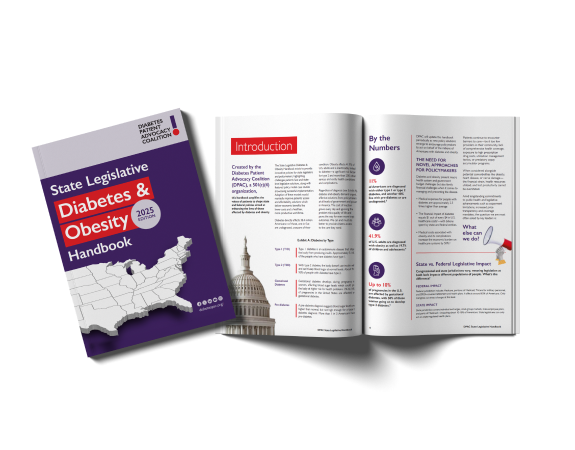
Taking the Profit Motive Out of Life-Saving Prescription Drug Coverage
Taking the Profit Motive Out of Life-Saving Prescription Drug Coverage
Taking the Profit Motive Out of Life-Saving Prescription Drug Coverage

To eliminate this conflict of interest, states like Colorado (CO) and Louisiana (LA) have introduced groundbreaking legislation that institutes a structural shift known as "delinking," mandating that PBM revenue be exclusively derived from a transparent, flat-dollar service fee. This change eliminates the inherent conflict of interest in the current compensation model.

The CO and LA models require that if a PBM favors a high-list-price option on a formulary, the PBM must verify that the net acquisition cost is lower than other options. Crucially, the legislation also requires that any resulting savings are directly reflected in the patient's out of-pocket payment. This clause prohibits PBMs from intentionally favoring high-cost branded drugs over less expensive, therapeutically equivalent generics or biosimilars.


In addition to pricing and formulary mandates, independent pharmacies are safeguarded by an established minimum compensation. This floor requires that pharmacy reimbursement meet or exceed the National Average Drug Acquisition Cost (NADAC) plus a reasonable dispensing fee.
Beyond pricing and access, the legislation imposes rigorous transparency and accountability requirements on PBM contracts. This includes the required disclosure of comprehensive claims-level drug cost data, coupled with annual audit rights for health plans. This lifts the veil on the "black box" of PBM economics.

By adopting this integrated policy approach, states can help lower the financial barriers that impede medication adherence for chronic conditions, improving health outcomes and mitigating the high long-term system costs associated with unmanaged chronic diseases.

Would you like to contact DPAC to work on legislation in your state? Drop us a line.

